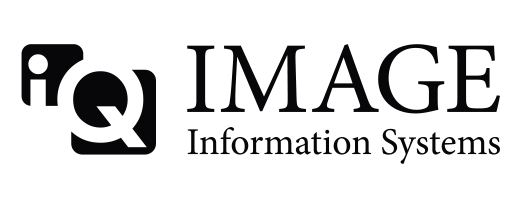Hello, im in the process of converting (and importing) a very large database of patients (about 1.5 TB).
Goal: getting the old messy db (which is actually scavanged from several sources) from a chaotic (because of multiple sources) .dcm file structure to a tidy conquest directory structure of NKI compressed v2's.
Our strategy is:
1) We put all files on a HDD which have chaotic file structure (filesyntax). We set conquest2 to look there and regen its database upon those files. The files remain with obscene filesyntax, for now untouched, but indexed in conquest2's database.
2) We tell conquest2 to copy database queries to conquest1 which will tidy the filesyntax.
We stumbled upon a handful of issues (mostly regarding minimal cleanup of our messy db) and finally managed to regen it in conquest2. However, when we reached the step of copying the db from conquest2 to conquest1 (which are on same pc actually), we found out that it takes criminal amount of time: we had to move maximum of 2-3k images (out of millions) because of the infamous "allocation" error.
What we basically need is a fast way to copy an entire database from one conquest to another, the goal being v2 compression and tidy filename syntax.
Is our way the only one? And if so, is there another way to copy from one server to another, like, say, a batch of more than ~2-3k images? How could we circumvent the allocation error and copy entire db from one click ![]() ?
?
Thank you.

